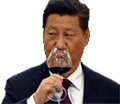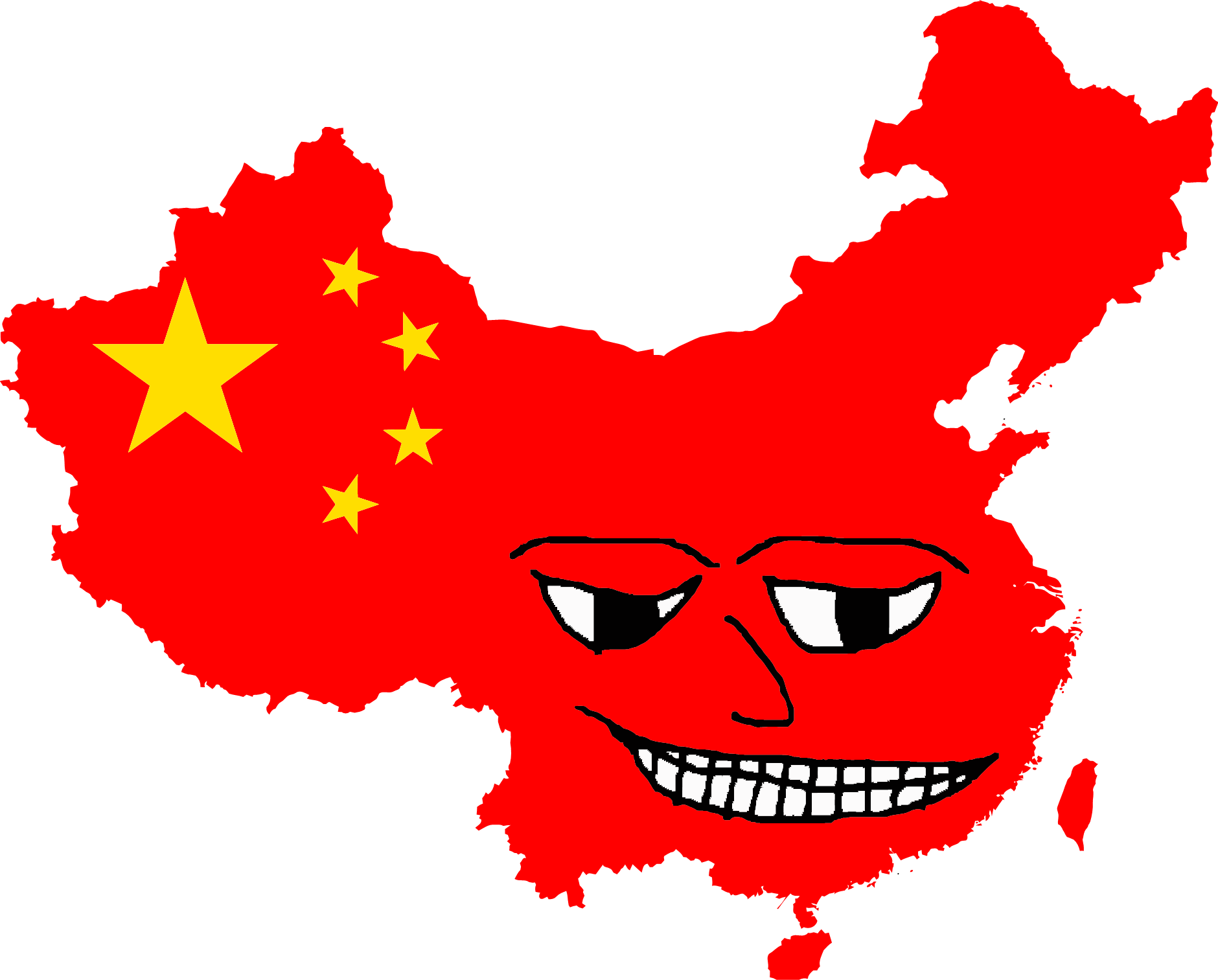
sino
This is a comm for news, information, and discussion on anything China and Chinese related.
Rules:
-
Imperialism will result in a ban.
-
Sinophobic content will be removed.
Newcomer Welcome Wiki
FAQ:
China Guides:
Multimedia:



Based

you love to see it

But at what cost?
Taking off my suit and putting on a barrel with suspenders to evade President Xi's Haute Couture Panopticon



This needs to be a site emoji.
hell yeah
Good, LVMH does not deserve anything good.




Death to America
no more half measures walter
Alongside the usual hand-wringing about China's economy, it also talks talks about how "younger Chinese consumers are increasingly spending their money on experiences like travel rather than status symbols":
Aspirational Chinese “no longer need brands to define their joy or labels to prove their affluence,” said Jessica Gleeson, CEO of BrighterBeauty, a Shanghai-based retail sector consultancy firm. “Investments in self, health and entertainment experiences are where dollars are moving and I don’t see the trend reversing.”
Zhang Tong used to spend at least 100,000 yuan ($14,000) a year buying Gucci bags, limited-edition Air Jordan sneakers and fancy dresses as she sought to emulate the well-trodden path of China’s successful as a grade A student. “I didn’t have much of my own thinking and judgment back then,” said Zhang, 24, who lives in Shanghai. “I just knew there was a standard way to follow, to wear or act like a cool person, so I was just following.” Now she’s pursuing a PhD program in museology, and her preferred outfit is a plain T-shirt, a free canvas bag from her university and a pair of Crocs. Being cool no longer means showing off the biggest brand names and pursuing a certain career, but having the best story to tell on social media.
“Being expensive is no longer enough,” said BrighterBeauty’s Gleeson. “Chinese consumers have discovered that the ability to buy more does not earn you more happiness or fulfillment.”
Also this was just plain funny:
Coco Li, 46, used to spend about HK$600,000 ($77,000) a year — or roughly 20% of her income — buying luxury items. After losing her job as an executive at a multinational company in Hong Kong, she’s curtailed her habit and put some of her Hermes handbags up for sale on mainland Chinese online platforms. “In the past, I just bought luxury without thinking as long as I liked it,” said Li. “I don't have anything special that I want to buy now because I don’t know where my future income will be.”
RIP bozo